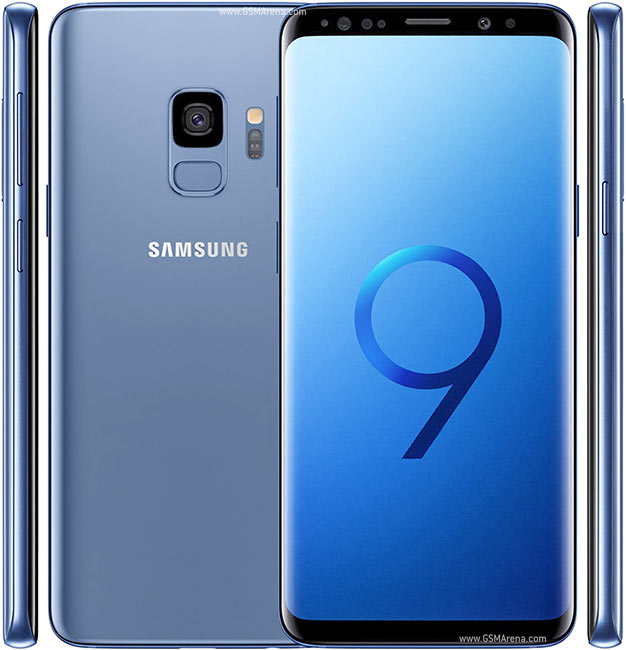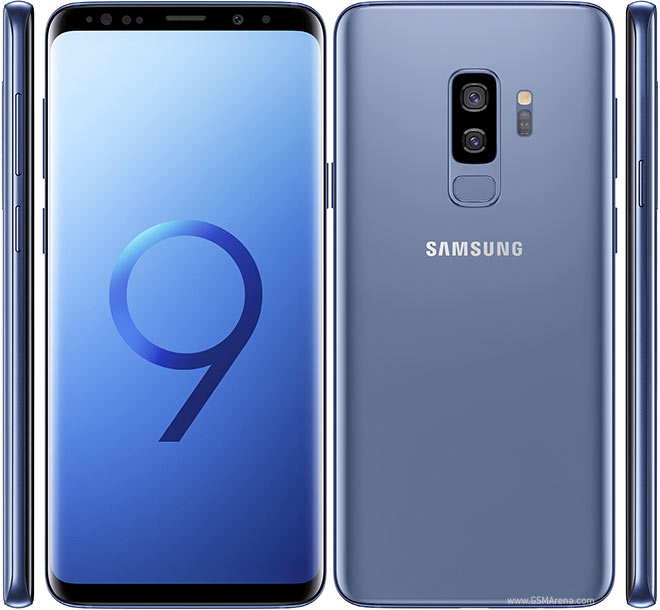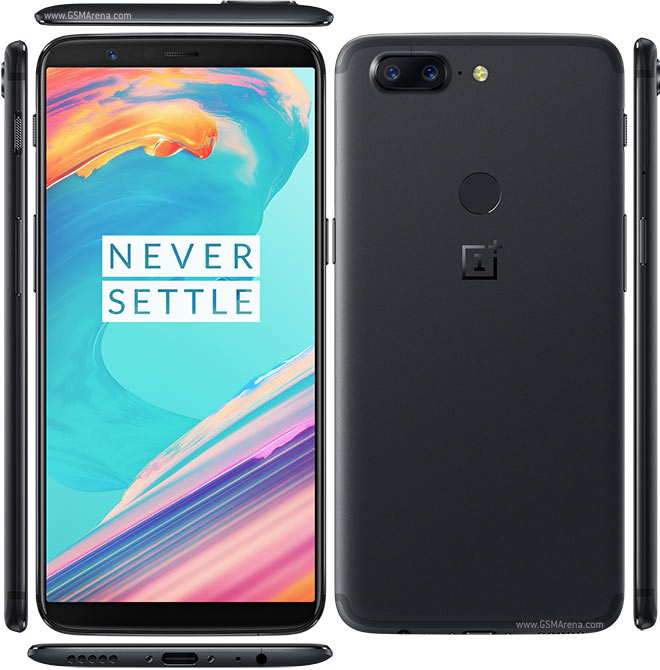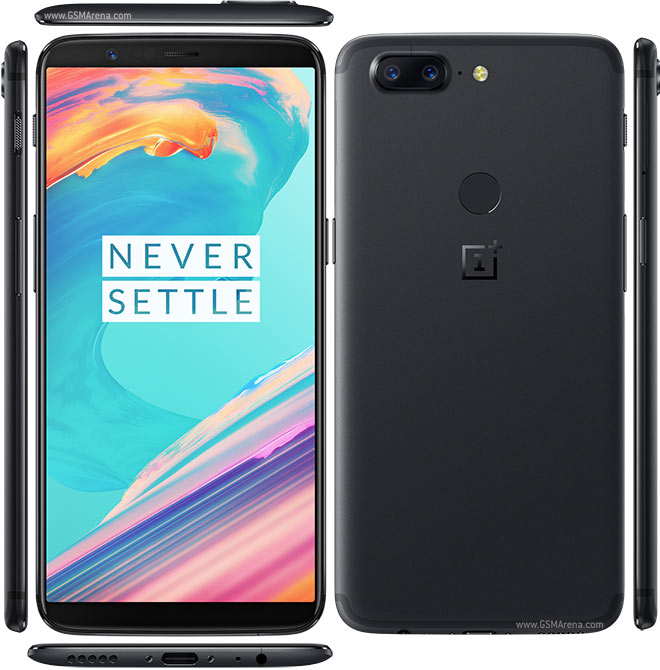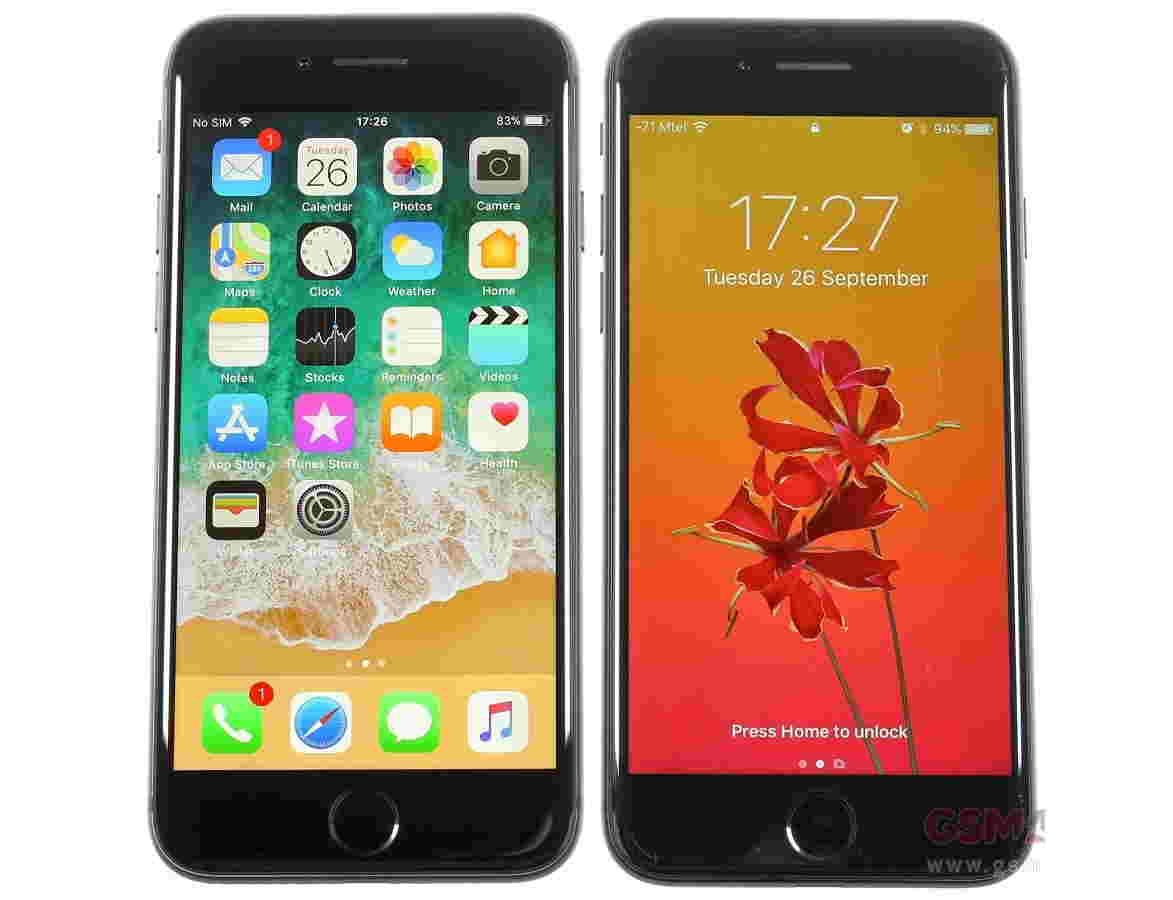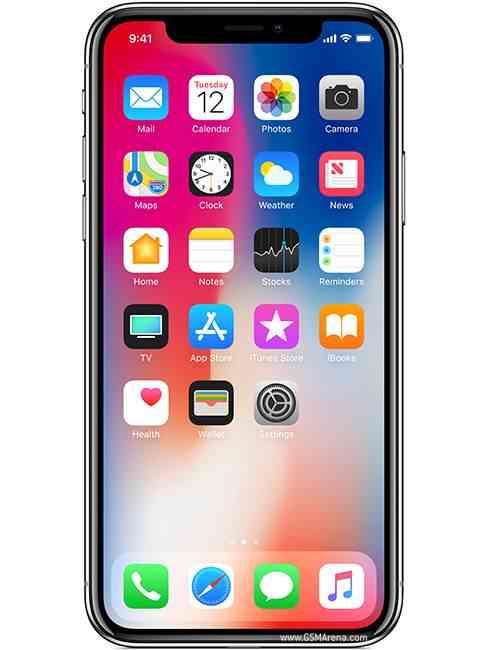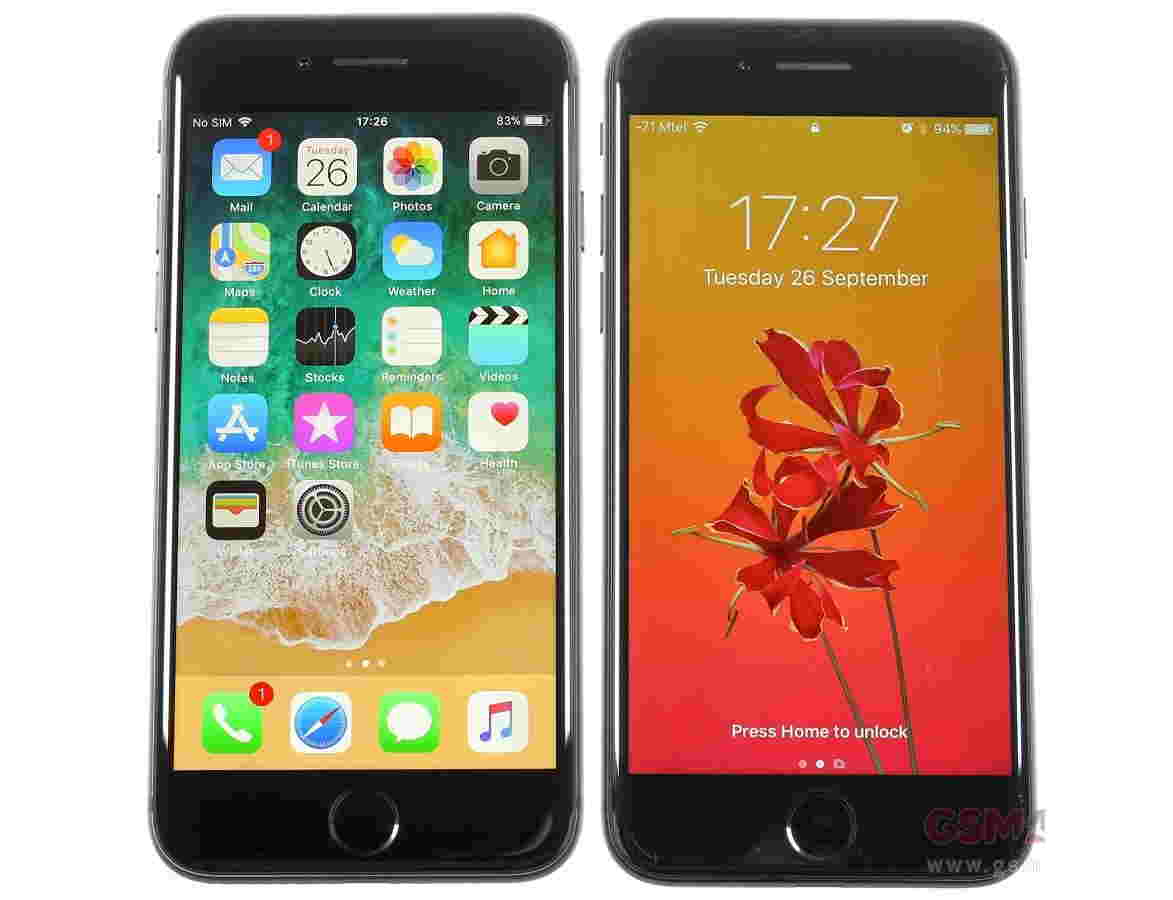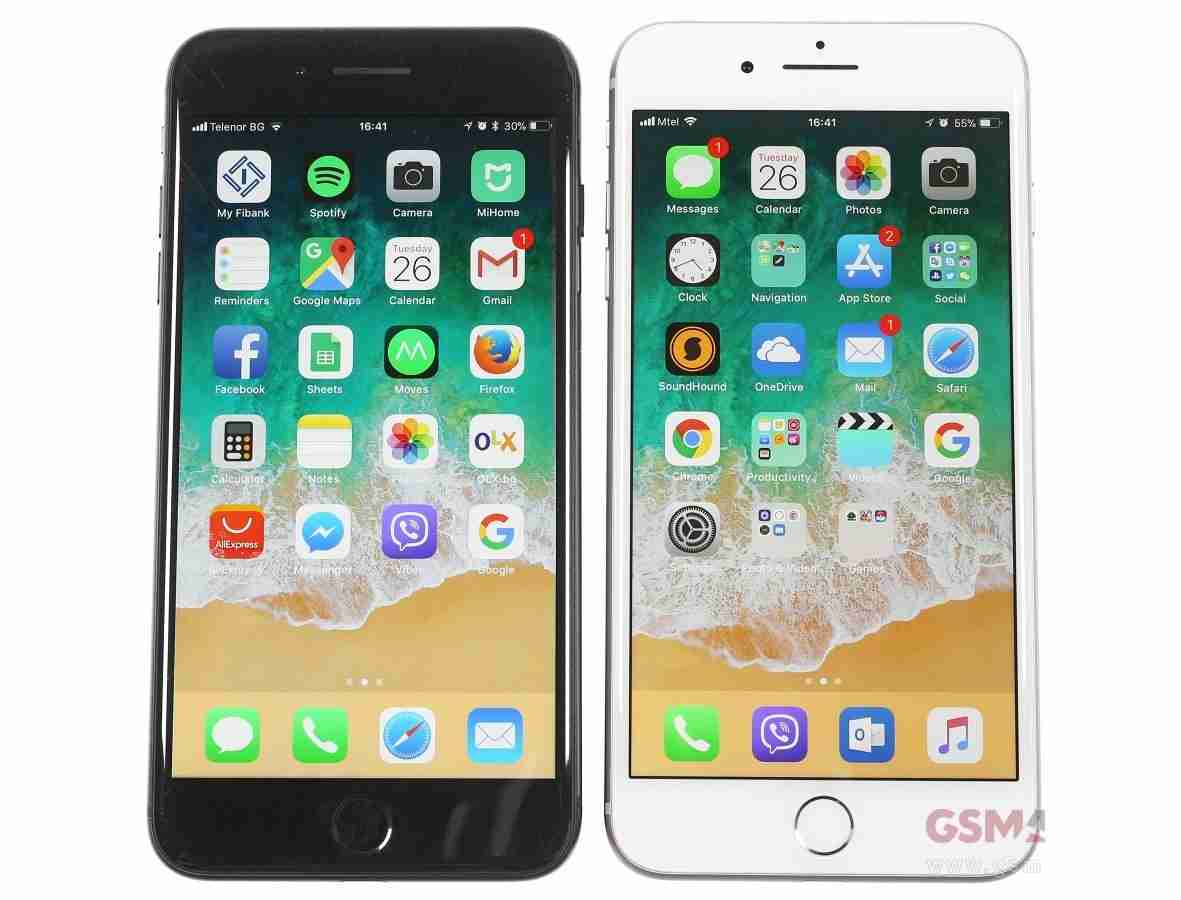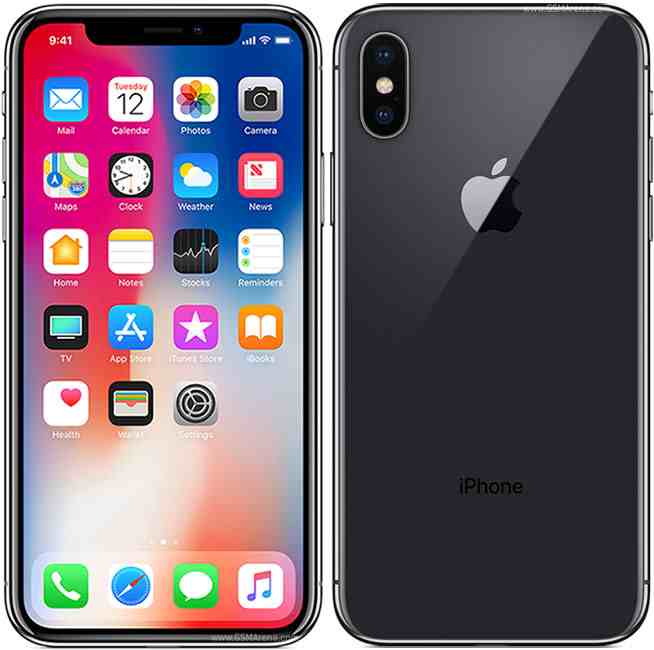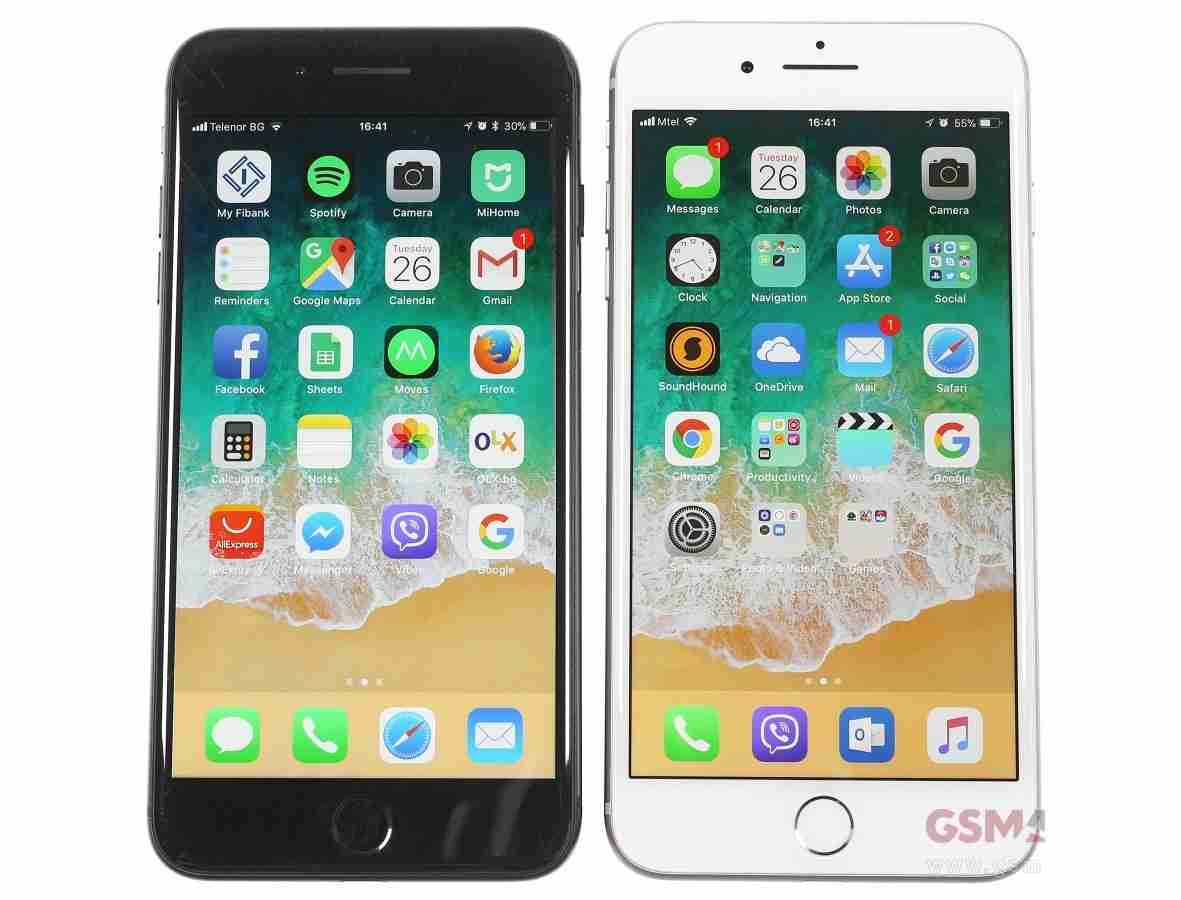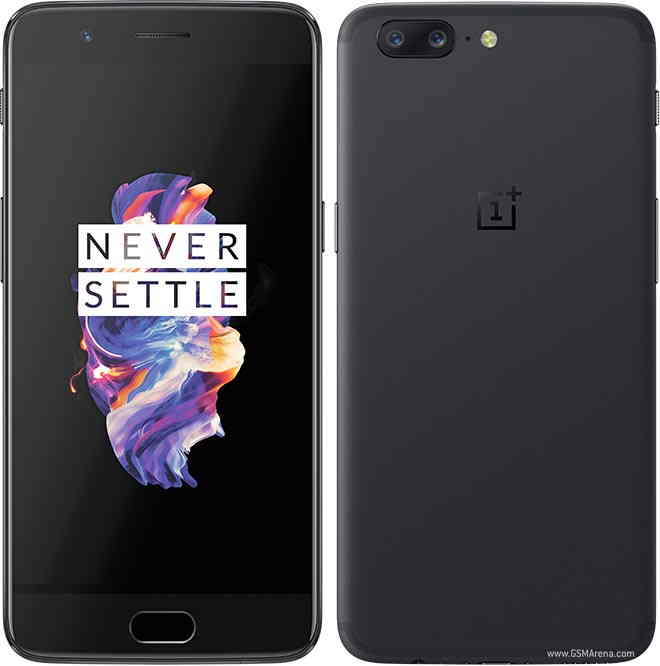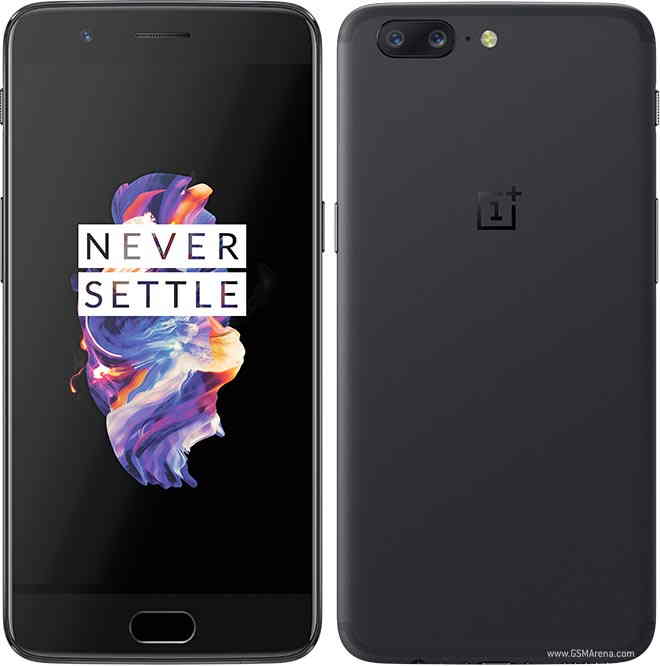
HTC U Play 64 GB Prices
Important Note.
- All prices are in Pakistani Rupee (PKR)
- Prices may vary at stores and our effort will be to provide you with the updated prices.
- The latest price of HTC U Play 64 GB was obtained on 17 مئی, 2019. The prices at the original stores had been updated on the respective mentioned dates.
- Find out WhatMobile price has dropped in Pakistan by selecting Notify Price Drop button
- Find out WhatMobile has better specifications by clicking Add To Compare Button find out what Mobile has better reviews by visiting our reviews section
- Find out WhatMobile is cheaper on which retailer by clicking Compare prices from retailers button
Search Terms
- HTC U Play 64 GB
Specifications
| GENERAL | |
| 2G Network | GSM 850 / 900 / 1800 / 1900 - SIM 1 & SIM 2 |
|---|---|
| 3G Network | HSDPA 850 / 900 / 1900 / 2100 |
| 4G Network | LTE band 1(2100), 3(1800), 5(850), 7(2600), 8(900), 20(800), 28(700), 38(2600), 40(2300) |
| Sim | Hybrid Dual SIM (Nano-SIM, dual stand-by) |
| Announced | 20/01/2017 |
| Status | Available. Released 2017, February |
| BODY | |
| Dimensions | 146 x 72.9 x 8 mm (5.75 x 2.87 x 0.31 in) |
| Weight | 145 g (5.11 oz) |
| DISPLAY | |
| Display Size | 5.2 inches, 73.2 cm2 (~68.7% screen-to-body ratio) |
| Resolution | 1080 x 1920 pixels, 16:9 ratio (~428 ppi density) |
| MultiTouch | Yes |
| Protection | Corning Gorilla Glass (unspecified version) |
| SOUND | |
| AlertTypes | Vibration; MP3, WAV ringtones |
| LoudSpeaker | Yes |
| 3.5mm jack | No - Active noise cancellation with dedicated mic |
| MEMORY | |
| CardSlot | microSD, up to 256 GB (uses SIM 2 slot) |
| Internal | 64 GB, 4 GB RAM |
| DATA | |
| GPRS | Yes |
| EDGE | Yes |
| Speed | HSPA 42.2/5.76 Mbps, LTE-A (2CA) Cat6 300/50 Mbps |
| WLAN | Wi-Fi 802.11 a/b/g/n/ac, dual-band, Wi-Fi Direct, DLNA, hotspot |
| Blue Tooth | 4.2, A2DP, LE |
| NFC | Yes |
| USB | 2.0, Type-C 1.0 reversible connector |
| CAMERA | |
| Camera Primary | 16 MP (f/2.0, 28mm, 1.0 µm), OIS, phase detection autofocus, dual-LED dual-tone flash |
| Camera Features | Geo-tagging, touch focus, face detection, panorama, Auto-HDR |
| CameraVideo | 1080p@30fps |
| CameraSecondary | 16 MP (f/2.0, 27mm, 1 µm), 1080p, Auto-HDR |
| FEATURES | |
| Processor Cores | Octa-Core |
| OS | Android 6.0 (Marshmallow) |
| CPU | Octa-core (4x2.0 GHz Cortex-A53 & 4x1.1 GHz Cortex-A53) |
| Sensors | Fingerprint (front-mounted), accelerometer, gyro, proximity, compass |
| Messaging | SMS(threaded view), MMS, Email, Push Mail, IM |
| Browser | HTML5 |
| Radio | To be confirmed |
| GPS | Yes, with A-GPS, GLONASS |
| Java | No |
| Colors | Brilliant Black, Cosmetic Pink, Ice White, Sapphire Blue |
| Others | - Fast battery charging - MP4/H.264 player - MP3/eAAC+/WAV player - Photo/video editor - Document viewer |
| BATTERY | |
| Battery | Non-removable Li-Ion 2500 mAh battery |
| StandBy | Up to 427 h (3G) |
| TalkTime | Up to 15 h (3G) |
| MISC | |
Reviews
12/01/2017 - 3:57pm

HTC's "for U" event has now taken place, revealing the handset that was codenamed Ocean Note as the firm's new flagship, the HTC U Ultra, alongside a slightly lower spec device dubbed the HTC U Play. The emphasis on all this "U" stuff is to do with HTC making these phones highly orientated towards the individual user's lifestyle, with a signature feature being HTC Sense Companion, a new AI assistant. More on that later though.
Let's start with the big points; the specs of the lead model, the HTC U Ultra.
HTC U Ultra Specs
- Display: 5.7in QHD LCD Display @513ppi, Secondary "Ticker" Display (For HTC Sense Companion)
- Dimensions: 162.41 x 79.79 x 3.6-7.99mm, 170g
- Processor: Qualcomm Snapdragon 821 CPU
- RAM: 4GB RAM
- Storage: 64GB/128GB Onboard, microSD Card Support
- Primary Camera: 12MP UltraPixel (Same As HTC 10); 1.55µm pixels, f/1.8 aperture, Optical Image Stabilisation (OIS),Hybrid Laser & Phase Detection Autofocus
- Secondary Camera (Front):16MP
- Battery: 3,000mAh
- Connectivity: Type-C USB, 4G, Wi-Fi, GPS, NFC, Bluetooth 4.2 - NO 3.5mm Headphone Jack
- Price: $749
- Release Date:March
Now, let's talk a bit about the design. First, what leaps out is the inclusion of that secondary display above the main one, this houses the new HTC Sense Assistant, but we'll get to that in a moment. HTC has talked a bit about its new "Liquid Surface" design philosophy, which means a bodyshell that the firm has tried to keep as symmetrical as possible - it's a unibody design primarily made from metal, as per HTC's usual MO, however, it's encased with an outer layer of glass. HTC mentioned that a special edition of the handset will be released later which will use Sapphire Glass for this outer layer, making it incredibly strong and durable. Otherwise though, you're looking at regular Corning Gorilla reinforced smartphone glass.
As per the leaks we saw previously, the handset is available in a selection of colours, including white, black, a somewhat vibrant blue, and a soft pink.
The 3.5mm audio jack is gone, but the point of this is to allow HTC to have engineered a "USonic" customisation feature for its built-in audio equaliser; the idea being you can fine tune your experience to your wireless or USB headphones. HTC has created a bespoke set of wireless headphones with built-in microphones; these will "listen" to sonic pulses and adjust audio to match your ears specifically - we're still not entirely clear on how this works, but it sounds like an interesting idea nonetheless.
HTC Sense Companion is an AI feature built-into the Sense UI on top of Android - HTC says it "learns from U". It works with the a set of four always-on active microphones built into the handset; these will allow you to unlock your phone via voice commands, as well as apparently manage battery consumption in-line with your daily habits. The assistant will also make suggestions in-line with things on your calendar, social media, and so on. Pretty much it promises to do the stuff all budding AI assistant projects are promising, but as with things in the past like Siri and Cortana, it remains to be seen if it's actually effective or just an annoying gimmick.
The HTC U Play is much the same deal features and design wise, though it lacks the secondary display for the HTC Sense Companion - it still has the AI feature onboard, however. There will also be no Sapphire Glass edition for this model. It should have a lower price (yet to be revealed) and a lower spec - there are also two variants, one with 3GB RAM and 32GB storage, the other with 4GB RAM and 64GB storage. Lastly, the HTC U Play will ship with Android 6.0 Marshmallow instead of the 7.0 Nougat build shipping on the HTC U Ultra.
HTC U Play Specs
- Display: 5.2in 1080p LCD Display @428ppi
- Dimensions: 145.99 x 72.9 x 3.5mm-7.99mm, 145 g
- Processor: Mediatek Helio P10 CPU Octa-Core
- RAM: 3GB/4GB RAM
- Storage: 32GB/64 Onboard, microSD Card Support
- Primary Camera: 16MP, 1µm pixels, f/2.0 aperture, Optical Image Stabilisation (OIS)
- Secondary Camera (Front):16MP
- Battery: 2,500mAh
- Connectivity: Type-C USB, 4G, Wi-Fi, GPS, NFC, Bluetooth 4.2 - NO 3.5mm Headphone Jack
Write Your Own Review
My Recent Reviews
- Be first to post review for this product.
comments powered by Disqus























